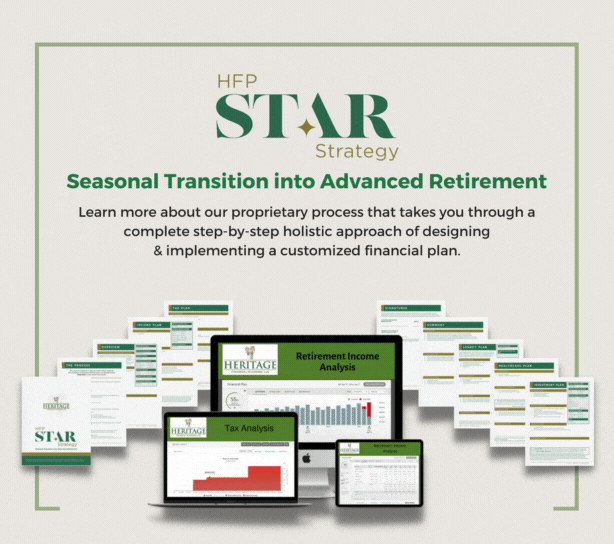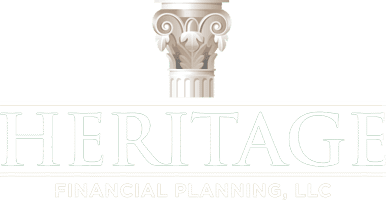New ruling emphasizes the need for an adaptive estate planning approach.
One recent development that has stirred conversations among investors and advisors alike is the IRS Revenue Ruling 2023-2 issuance.
This ruling has presented a unique set of challenges and opportunities for estate planning, especially for those employing irrevocable trusts as part of their wealth management strategy.
The Stealth Shift by the IRS
In March 2023, the IRS subtly altered the rules on the tax treatment of assets held in irrevocable trusts. This change, detailed in Revenue Ruling 2023-2, has significant implications for the future of estate planning.
The ruling states that assets held in an irrevocable trust ‘that is not included in the taxable estate at death’ will no longer receive a step-up in basis.
Understanding the Step-Up In Basis
To comprehend the full scope of this change, it’s crucial to understand what ‘step-up in basis’ means. When an individual acquires an asset, its original cost is considered its ‘basis.’ If the asset appreciates over time, the difference between the initial basis and the selling price is what generates a capital gain, which is subject to capital gains tax.
Historically, there has been an exception to this rule when assets are transferred upon the owner’s death. In this instance, the basis is ‘stepped-up’ to the fair market value at the time of the owner’s death, effectively eradicating any capital gains and associated taxes.
Impact on Irrevocable Trusts
In the past, whether assets transferred via an irrevocable trust would benefit from the step-up in basis was ambiguous. Many families have used irrevocable trusts to safeguard their assets from spend-down, aiming to qualify for government benefits such as Medicaid and VA Aid and Attendance.
The new IRS ruling has clarified that assets held in an irrevocable trust that is not included in the taxable estate at death will no longer receive a step-up in basis. This implies that the potential for capital gains tax may loom over any significant asset appreciation since the original purchase.
How Heritage Financial Planning Can Help
These changes by the IRS could significantly affect estate planning, adding potential tax burdens for beneficiaries of irrevocable trusts. This makes it all the more crucial for individuals to have an open line of communication with their advisors.
This ruling emphasizes the need for an adaptive estate planning approach and underscores the importance of maintaining a strong investor-advisor relationship. By engaging in regular, transparent discussions about such changes and their implications, advisors, and investors can better navigate this evolving tax landscape together.
When it comes to estate planning, it is important to have an approach that is as comprehensive and nuanced as possible. At Heritage Financial Planning, we offer a custom HFP S.T.A.R. Strategy developed to meet the needs of each individual client in order to enable successful wealth preservation and transition to future generations.

Click here to learn more about our HFP STAR Strategy process.
This adaptive and holistic approach provides peace of mind knowing that your family’s legacy will be in good hands for many years to come. We invite you to call us today to learn more about our services and how we may assist you with protecting and transitioning your valuable assets most efficiently. Our knowledgeable team looks forward to providing personalized planning expertise that fits your needs now and into the future. Call now to get started on achieving a secure financial future for your loved ones, and schedule an appointment with our office today to receive your customized HFP S.T.A.R Strategy!
Source: Copyright © 2023 FMeX. All rights reserved. Distributed by Financial Media Exchange.












